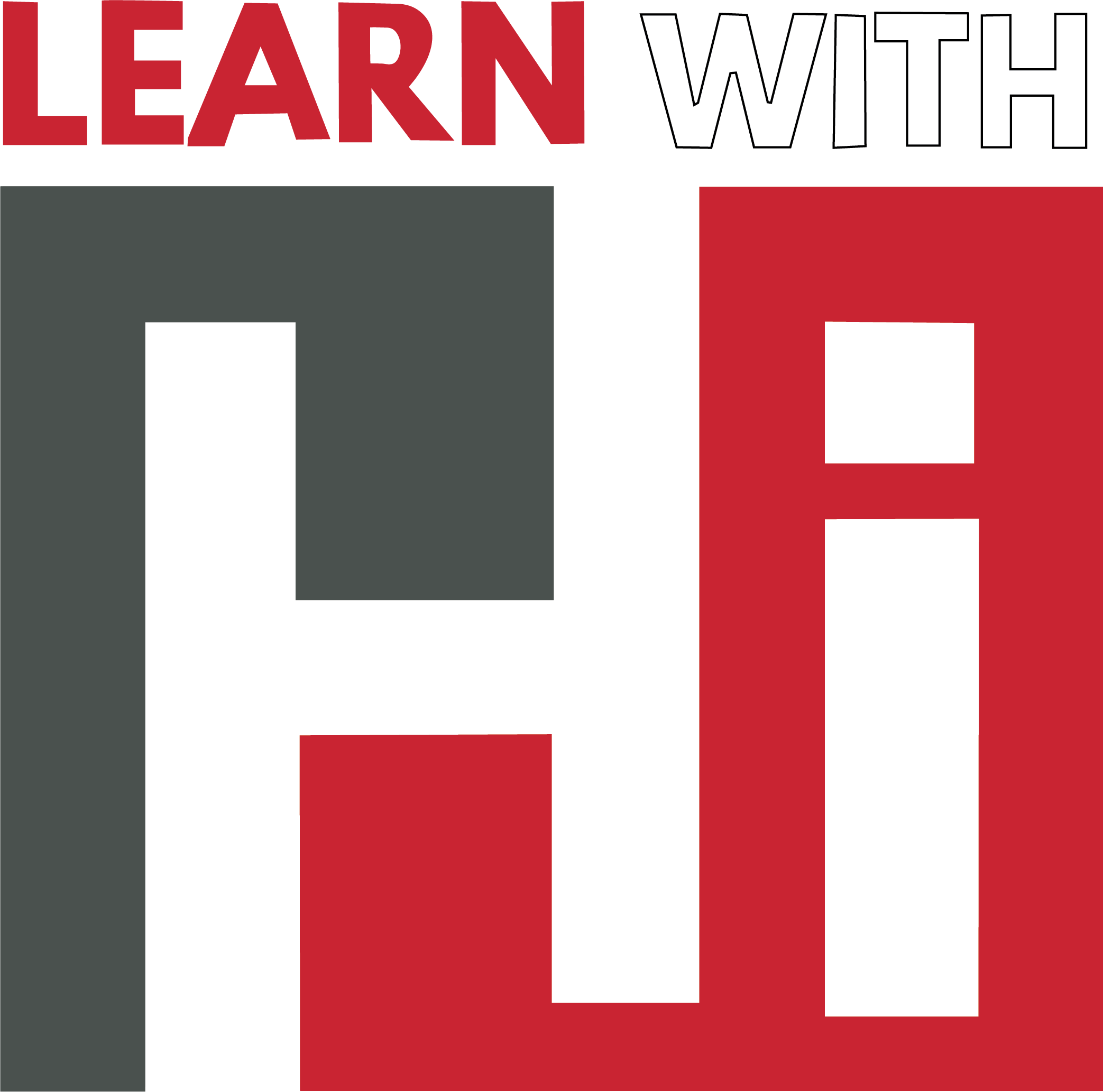Part 1: Questions 1-6
Complete the notes below. Write ONE WORD AND/ OR A NUMBER ONLY for each answer.
Local food shops
Where to go
• Kite Place – near the (1)
Fish market
• cross the (2) and turn right
• best to go before (3) pm, earlier than closing time
Organic shop
• called (4)
• below a restaurant in the large, grey building
• look for the large (5) outside
Supermarket
• take a (6) minibus, number 289
Questions 7-10
Complete the table below. Write ONE WORD ONLY for each answer.
| Shopping | ||
| To buy | Other ideas | |
| Fish market | a dozen prawns | a handful of (7) (type of seaweed) |
| Organic shop | beans and a (8) for dessert | spices and (9) |
| Bakery | a brown loaf | a (10) tart |
Part 2: Questions 11-16
What information is given about each of the following festival workshops?
Choose SIX answers from the box and write the correct letter, A-H, next to Questions 11-16.
Information
A involves painting and drawing
B will be led by a prize-winning author
C is aimed at children with a disability
D involves a drama activity
E focuses on new relationships
F is aimed at a specific age group
G explores an unhappy feeling
H raises awareness of a particular culture
Festival workshops
11. Superheroes
12. Just do it
13. Count on me
14. Speak up
15. Jump for joy
16. Sticks and stones
Questions 17 and 18
Choose TWO letters, A-E.
Which TWO reasons does the speaker give for recommending Alive and Kicking?
A It will appeal to both boys and girls.
B The author is well known.
C It has colourful illustrations.
D It is funny.
E It deals with an important topic.
Questions 19 and 20
Choose TWO letters, A-E.
Which TWO pieces of advice does the speaker give to parents about reading?
A Encourage children to write down new vocabulary.
B Allow children to listen to audio books.
C Get recommendations from librarians.
D Give children a choice about what they read.
E Only read aloud to children until they can read independently.
Part 3: Questions 21-25
Choose the correct letter, A, B or C.
Science experiment for Year 12 students
21. How does Clare feel about the students in her Year 12 science class?
A worried that they are not making progress
B challenged by their poor behaviour in class
C frustrated at their lack of interest in the subject
22. How does Jake react to Clare’s suggestion about an experiment based on children’s diet?
A He is concerned that the results might not be meaningful.
B He feels some of the data might be difficult to obtain.
C He suspects that the conclusions might be upsetting.
23. What problem do they agree may be involved in an experiment involving animals?
A Any results may not apply to humans.
B It may be complicated to get permission.
C Students may not be happy about animal experiments.
24. What question do they decide the experiment should address?
A Are mice capable of controlling their food intake?
B Does an increase in sugar lead to health problems?
C How much do supplements of different kinds affect health?
25. Clare might also consider doing another experiment involving
A other types of food supplement.
B different genetic strains of mice.
C varying amounts of exercise.
Questions 26-30
Complete the flowchart below.
Choose FIVE answers from below and write correct letter A-H next to questions 26-30.
A size
B escape
C age
D water
E cereal
F calculations
G changes
H colour
Flowchart
• choose mice which are all the same (26)
• divide the mice into two groups, each with a different (27)
• put each group in a separate cage
• feed group A commercial mouse food
• feed group B the same, but also sugar contained in (28)
• take measurements using an electronic scale
• place them in a weighing chamber to prevent (29)
• do all necessary (30)
Part 4: Questions 31-40
Complete the notes below. Write ONE WORD ONLY for each answer.
Microplastics
Where microplastics come from
• fibres from some (31) during washing
• the breakdown of large pieces of plastic
• waste from industry
• the action of vehicle tyres on roads
Effects of microplastics
• They cause injuries to the (32) of wildlife and affect their digestive systems.
• They enter the food chain, e.g., in bottled and tap water, (33) and seafood.
• They may not affect human health, but they are already banned in skin cleaning products and (34) in some countries.
• Microplastics enter the soil through the air, rain and (35)
Microplastics in the soil – a study by Anglia Ruskin University
• Earthworms are important because they add (36) to the soil.
• The study aimed to find whether microplastics in earthworms affect the (37) of plants.
• The study found that microplastics caused:
o (38) loss in earthworms
o fewer seeds to germinate
o a rise in the level of (39) in the soil.
The study concluded:
• soil should be seen as an important natural process.
• changes to soil damage both ecosystems and (40)
1. Harbour/ harbor
2. Bridge
3. 3.30/ three thirty
4. Rose
5. Sign
6. Purple
7. Samphire
8. Melon
9. Coconut
10. Strawberry
11. C
12. D
13. F
14. G
15. B
16. H
17. D, E
18. D, E
19. B, C
20. B, C
21. C
22. B
23. A
24. A
25. C
26. C
27. H
28. E
29. B
30. F
31. Clothing
32. Mouths
33. Salt
34. Toothpaste
35. Fertilisers/ fertilizers
36. Nutrients
37. Growth
38. Weight
39. Acid
40. Society
